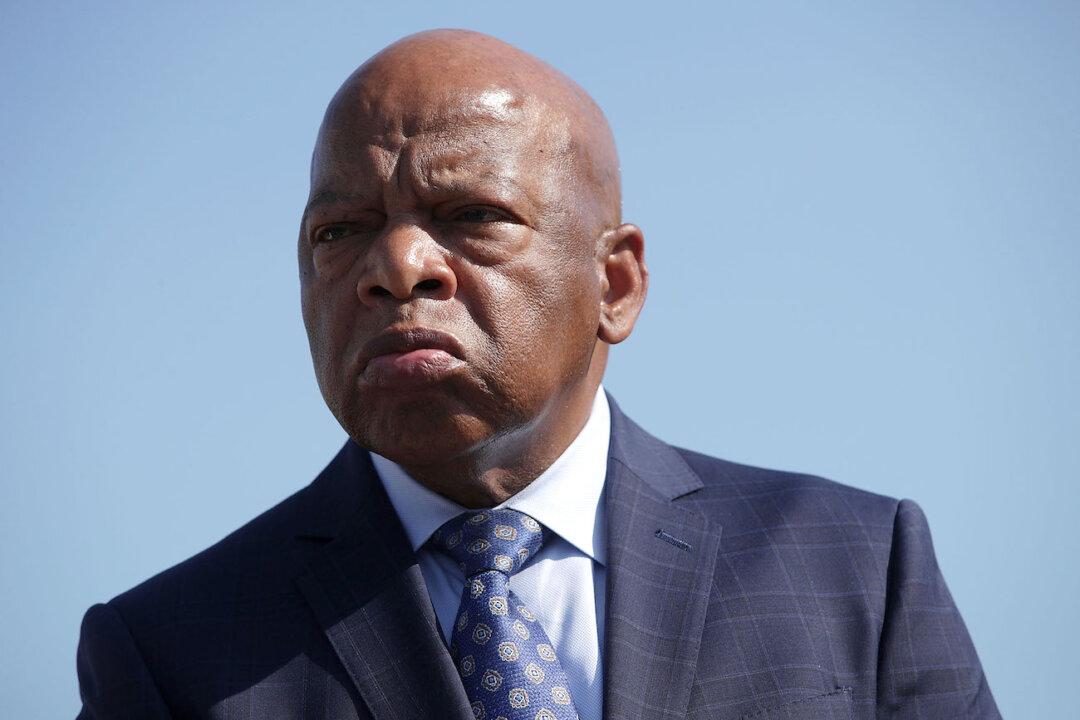Rep. John Lewis (D-Ga.), a civil rights icon, has died at the age of 80.
House Speaker Nancy Pelosi (D-Calif.) confirmed Lewis’s death in a statement late Friday. She called Lewis “one of the greatest heroes of American history” and “a titan of the civil rights movement whose goodness, faith, and bravery transformed our nation.”




